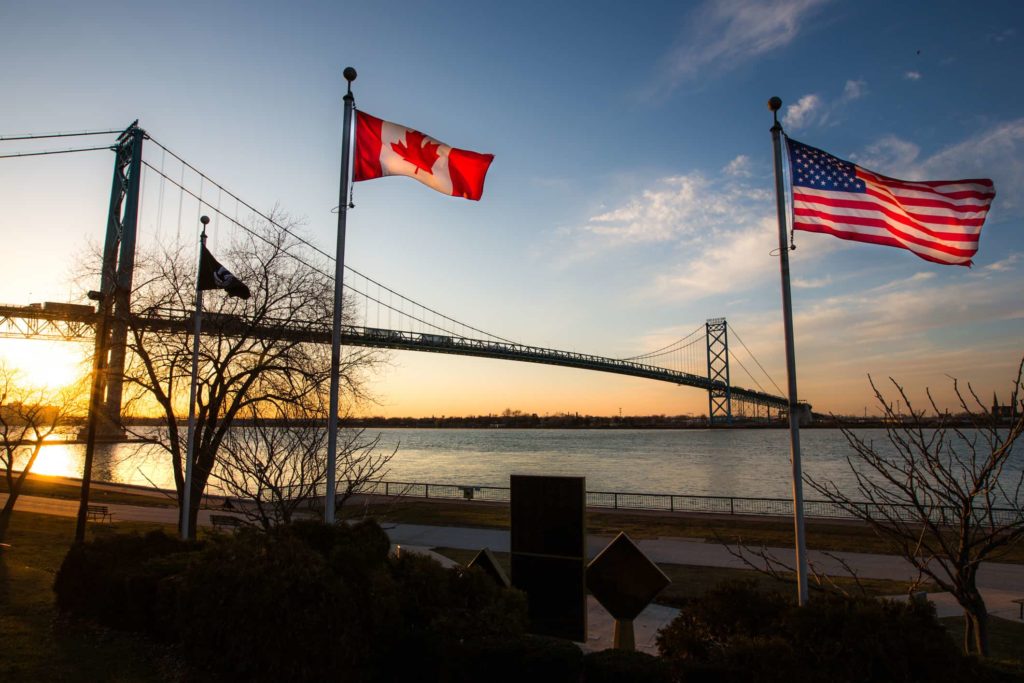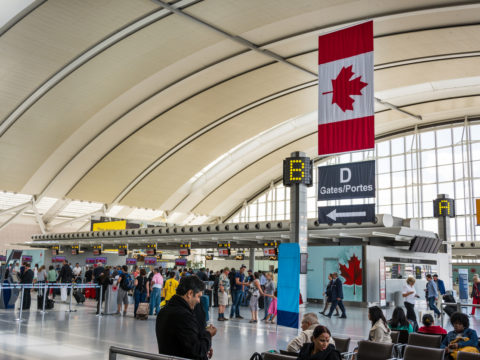
For the seventh time since March, the Canada-U.S. border restrictions that prohibit non-essential travel have been extended until at least November 21.
Despite Canada-U.S. travel restrictions, as well as international travel restrictions, a variety of asymptomatic temporary residents may come to Canada.
Information for students
New rules regarding which international students can enter Canada come into effect on October 20, 2020. These new rules require designated learning institutions (DLIs) to submit and receive approval of their COVID-19 readiness plan.
Any asymptomatic students coming to study at a Canadian DLI with an approved readiness plan will be exempt from non-essential travel restrictions. Students already in Canada are not affected by these changes and can remain at their current DLI.
Information for visitors
IRCC has begun relaxing restrictions on which types of visitors can come to Canada. In June Canada allowed the immediate family of Canadians to visit. Then, earlier this month, IRCC expanded the type of visitors that can come to Canada amid travel restrictions. Under the new rules announced on Oct. 2, the following visitors can apply for an exemption to Canadian travel restrictions:
- Individuals who are in a long-term, exclusive relationship with a Canadian for at least one year and have spent time in the physical presence of their Canadian partner during their relationship. Their dependent children will also be allowed entry.
- Adult children or grandchildren of a Canadian.
- Siblings of Canadians (including half- and step-siblings).
- The grandparents of Canadians.
- Some foreign nationals not included in the list above but who must enter Canada for compassionate reasons.
Exemptions for compassionate reasons
To receive an exemption of travel restrictions on compassionate grounds, the applicant’s reason for travel must fall under one of the following three categories:
- To be present during the final moments of life for a loved one, or to provide support or care to someone who is critically ill
- Provide care for a person who has a medical reason as to why they require support
- Attend a funeral or end of life ceremony
In some cases, visitors can be eligible for an exemption to the mandatory 14-day isolation period but they must seek approval prior to their arrival in Canada. To apply for an exemption from travel restrictions for compassionate reasons, click here.
Information for workers
Virtually all temporary workers may enter Canada amid travel restrictions. The only exception is for new temporary workers coming to Canada to work for an employer who is no longer operating due to COVID-19.




